Relationships thrive on mutual support, but there’s a fine line between healthy interdependence and emotional dependency. When your partner relies on you for their entire emotional wellbeing, it can create an unhealthy dynamic that drains both of you. Recognising the signs early can help address these patterns before they damage your relationship beyond repair.
1. They panic when you’re unavailable

Remember that time I nipped out for milk and returned to 17 missed calls? Classic emotional dependency. Your partner might become anxious, irritable, or downright frantic when you’re not immediately reachable.
They’ll bombard you with messages demanding to know your whereabouts, as if you’ve fallen off the face of the earth rather than simply forgotten to charge your phone. This constant need for connection stems from deep-seated fears of abandonment.
Over time, this behaviour can make you feel suffocated, like you’re wearing an invisible tracking device everywhere you go.
2. Your approval dictates their mood
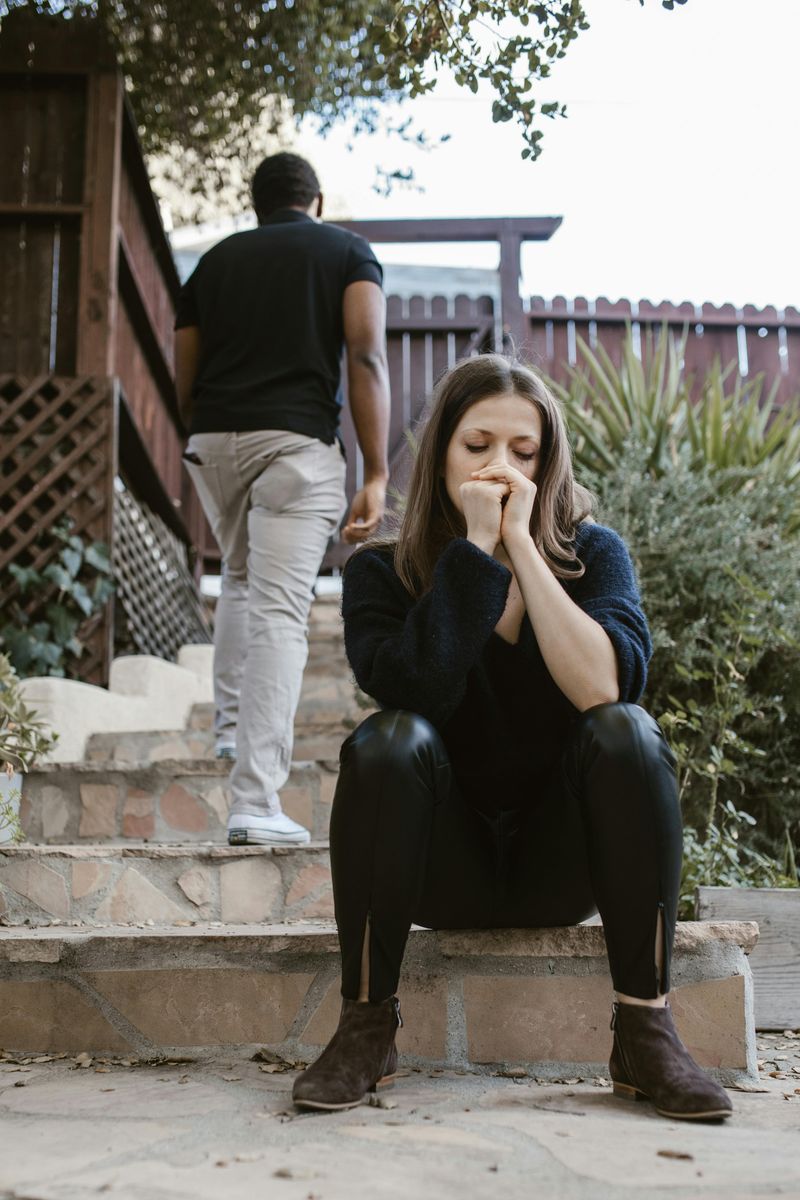
I’ve watched my friend’s partner transform from gloom to glee with just a simple compliment. When someone’s emotional state hangs entirely on your reactions, it’s exhausting.
They might analyse every facial expression you make, hunting for signs of disapproval. A slightly furrowed brow sends them spiralling into self-doubt, while your praise lifts them to cloud nine. This emotional rollercoaster isn’t just draining; it places an unfair burden on your shoulders.
You’re not responsible for managing someone else’s emotions, yet they’ve quietly assigned you that job without consent.
3. Their social circle has mysteriously vanished

Once upon a time, they had mates who’d drag them to football matches and colleagues they’d grab pints with after work. Now? You’re their entire social universe.
Emotionally dependent partners gradually detach from friendships, claiming nobody understands them like you do. They’ll cancel plans with others to spend every waking moment by your side. While flattering at first, this isolation strategy reveals a troubling pattern.
Healthy relationships require outside connections and interests. Without them, the pressure on your relationship becomes unbearably intense; like expecting a single plant to provide oxygen for an entire planet.
4. Decision-making gives them the jitters
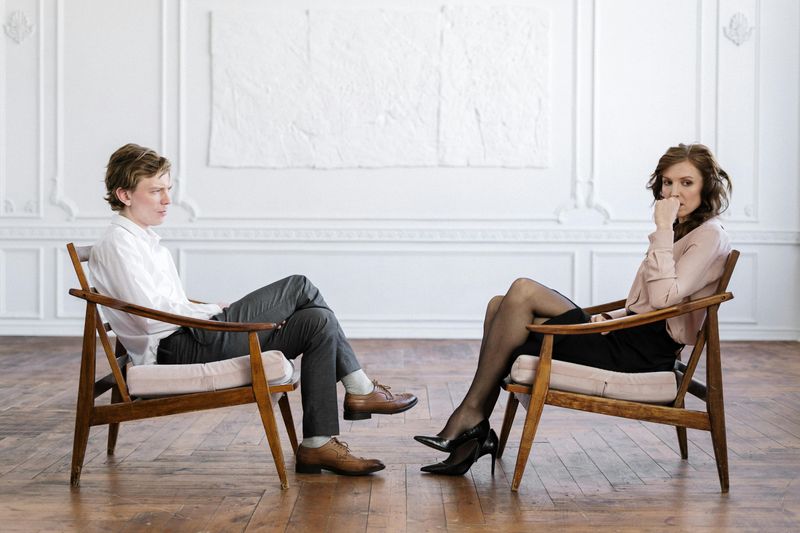
“What should I order?” “Should I take this job?” “Do these trousers look alright?” Sound familiar? I once dated someone who rang me from the supermarket aisle, paralysed by cereal options.
Emotionally dependent partners outsource even the simplest decisions to you. They’ve lost confidence in their own judgment and crave constant reassurance that they’re making the “right” choice. This behaviour reflects deeper insecurities about their autonomy.
While everyone appreciates a second opinion occasionally, healthy adults should be capable of deciding between Weetabix and Cheerios without experiencing a full-blown existential crisis.
5. Your happiness becomes their responsibility

Picture this: you’ve had a rubbish day at work, and suddenly your partner is frantically trying to cheer you up as if their life depends on it. Not just normal supportive behaviour; they’re proper panicking.
They take your bad moods personally, as if your temporary gloom is a referendum on their worth. When they can’t fix your problems, they become distressed, sometimes even angry. This bizarre role reversal means you end up comforting them about YOUR bad day!
This happens because they’ve tied their self-worth to your emotional state, creating an impossible standard no human relationship can sustain.
6. Jealousy rears its head frequently
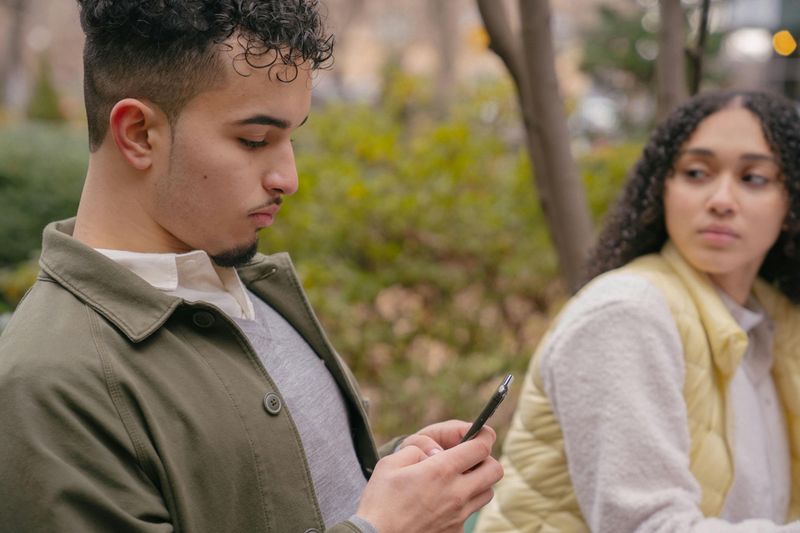
Green isn’t just a colour; it’s their permanent emotional state. I’ve witnessed perfectly innocent conversations with checkout staff trigger hours of questioning and sulking.
An emotionally dependent partner often displays disproportionate jealousy because they view every outside connection as a threat. They might check your phone, question your loyalty, or create elaborate scenarios of betrayal based on flimsy evidence. Their insecurity manifests as possessiveness, disguised as intense love.
While they might claim “I just care so much,” healthy relationships are built on trust, not surveillance. There’s a vast difference between love and emotional dependency wearing love’s costume.
7. They mirror your interests like a chameleon
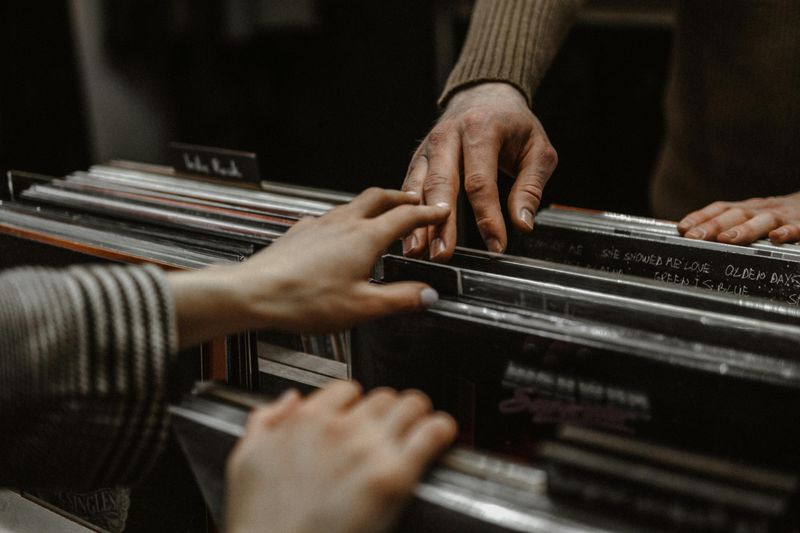
Suddenly they’re passionate about vintage vinyl records or wild swimming or whatever hobby you mentioned three weeks ago. How convenient! While shared interests strengthen relationships, there’s something unsettling about a partner who adopts your entire personality.
Emotionally dependent people often lack a strong sense of self, so they borrow yours instead. They’ll enthusiastically embrace your favourite bands, political views, and even speaking patterns. Initially, this mirroring feels like amazing compatibility.
The problem emerges when you realise they’ve abandoned their authentic self to become your echo; a strategy that ultimately leaves both of you feeling strangely empty.
8. The future terrifies them

“Where do you see yourself in five years?” For most, it’s a mildly annoying interview question. For your emotionally dependent partner, it’s an invitation to existential dread; unless the answer involves you, of course.
They struggle to envision any future that doesn’t feature you prominently. Career goals, travel dreams, personal ambitions; all become secondary to maintaining your relationship at all costs. This fear manifests in their reluctance to plan independently.
While commitment is lovely, healthy relationships involve two people with individual dreams that complement each other, not one person whose only dream is to orbit around yours like a desperate satellite.
9. Your boundaries are treated as personal attacks
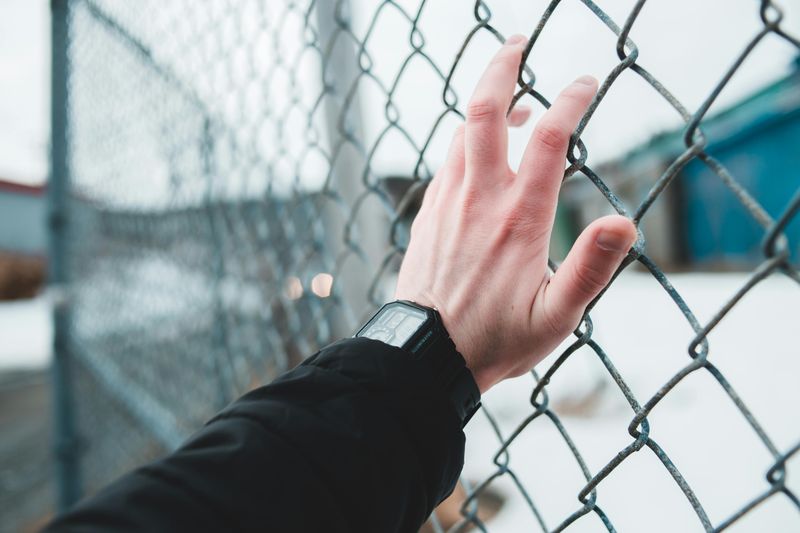
“I need some alone time” shouldn’t trigger a meltdown, yet here we are. I once mentioned wanting a girls’ night out and returned to find my partner had reorganised the entire kitchen; not from helpfulness, but anxiety-fueled energy.
Emotionally dependent partners interpret healthy boundaries as rejection. They might respond with tears, anger, passive-aggression, or dramatic gestures to regain your attention. Their reaction seems wildly disproportionate because in their mind, any separation threatens their security.
This boundary-resistance reveals their fundamental misunderstanding of love; confusing unhealthy attachment with genuine connection, suffocation with closeness.